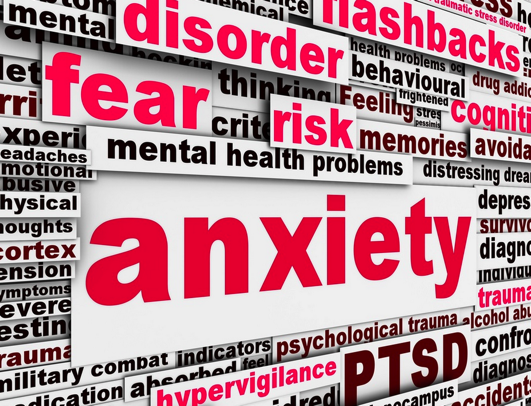Depression in childhood impacts adult life | Mental Health

 Depression in Childhood hampers health and functioning in adulthood
Depression in Childhood hampers health and functioning in adulthood
Depression in childhood or adolescence is associated with higher levels of...
...adult anxiety and substance use disorders, worse health and social functioning, less financial and educational achievement, and increased criminality, according to a study published in the Journal of the American Academy of Child & Adolescent Psychiatry.
“The literature is clear that we have effective treatments to help children who are dealing with depression,” said study lead author William Copeland, PhD, a professor in the department of psychiatry at the University of Vermont, Burlington, Vermont.
“The problem is that in the real world the majority of children with depression never receive any treatment at all and have to cope with this challenge on their own. This study highlights the consequences of this unmet need.”
The analysis was based on the ongoing longitudinal Great Smoky Mountains Study, which tracks the health of 1420 participants from the rural southeastern United States.
Children were assessed with the structured Child and Adolescent Psychiatric Assessment interview up to 8 times between the ages of 9 to 16. At ages 19, 21, 25, and 30 years, they were followed up with using the Young Adult Psychiatric Assessment Interview.
Some 7.7% of study participants met criteria for a depressive disorder during childhood or adolescence, according to the study.
Any depression, and especially persistent depressive symptoms, in childhood or adolescence had robust and lasting links with a broad range of indicators of adult functioning. The associations persisted even after childhood psychiatric co-morbidities and other adversities were accounted for.
 Specialty mental health services, however, helped protect against worsening mental health problems, particularly anxiety, in adulthood, the study found. Nevertheless, even children who received services showed problems in other areas in adulthood, such as substance use.
Specialty mental health services, however, helped protect against worsening mental health problems, particularly anxiety, in adulthood, the study found. Nevertheless, even children who received services showed problems in other areas in adulthood, such as substance use.
“When we consider the burden of depression on children, their families and school, and look at this from a public health perspective,” said study coauthor Lilly Shanahan, PhD, professor in the department of psychology at the University of Zurich in Switzerland, “it becomes clear that we need do a better job alleviating risk factors for childhood depression when possible, having better screening processes to detect childhood depression, and to use evidence-based preventions and treatments when we see that a child is at risk for depression or has developed depression.”


